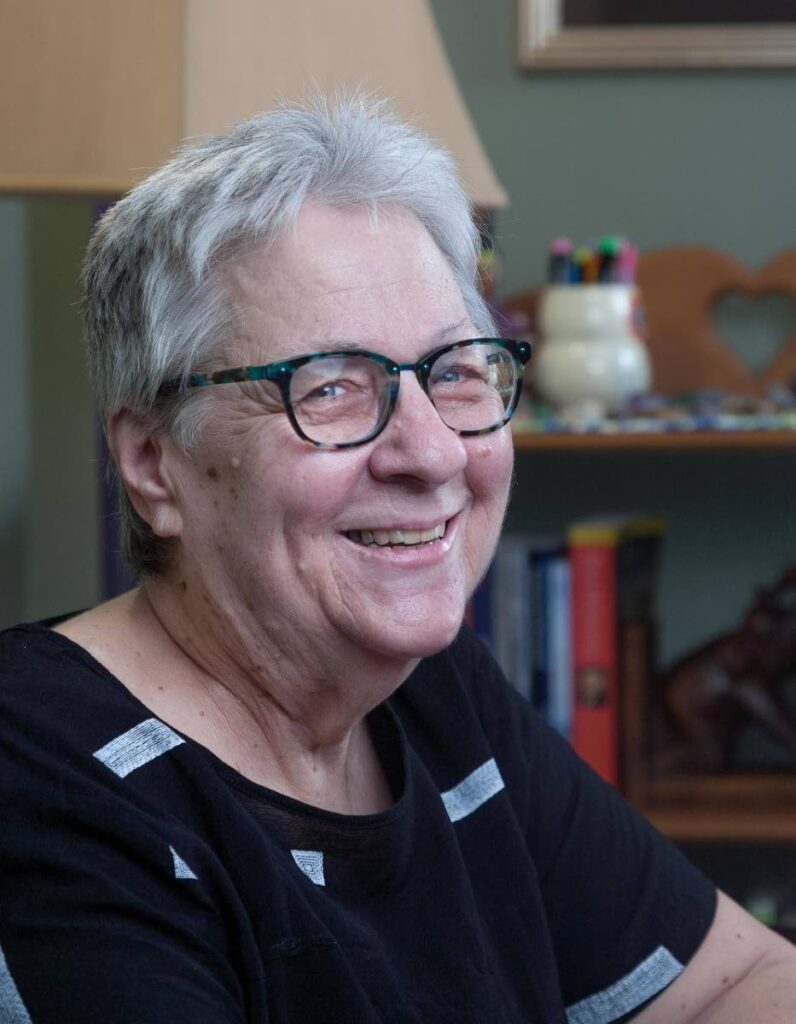A second chance in life

LAST NOVEMBER and December I gave the Government a priceless gift: an eight-part series of interviews in this newspaper with formerly incarcerated men who had attended my classes and prison programmes and then succeeded in getting their lives back on track when they re-entered the “free world.”
The series is an invaluable resource for understanding how prisons affect men and the mindset it takes to reintegrate into society. Crime is not just an amorphous, abstract concept with cruel and concrete consequences. The series showed readers that crime is the story of people – perpetrators and victims – and the line of demarcation between the two is not as clear-cut as we like to think. Many people are arrested on nothing more than hearsay evidence.
Of these eight men in this series, five won their cases; one served a juvenile sentence and two men were out on bail. They are individuals – not stereotypic images – with unique stories; yet together they reveal certain characteristics that help them cope with life beyond bars.
These men selflessly told their stories so we can understand crime and prison better. For me, these former inmates break the image of inmates as angry, uncaring, selfish, violent men.
Together, they tell a collective story of common personality traits necessary for success after prison. Some unforgettable quotes emerged from their stories.
"Life is a choice. It’s up to you to be happy and take it with a smile,” said Donnell Inniss.
Mason Lasan said, “When I came out of prison, I didn’t want to feel depressed, and I didn’t want to be the one to die from doing some jacka--ness and put my mother through that.”
Ricardo Gittens who had just lost his mother said, “I look at life as an opportunity. What happened to my mom is all part of life. This is a learning experience.”
“I can’t disappoint the people who helped me and motivated me through the years,” said Marc Friday. “When you have people reminding you how good you are, you tend to start to believe it.”
CB, out on bail, said, “There’s a lot of youths that people don’t want around them. I want to help those who are being shunned in society.”
“Moving on from prison is a mind thing,” said Darrem Cheltenham. “You must have trust in yourself first for someone to trust you. Know you have the opportunity to change your life.”
MT, a leader in Remand Prison, said, “If you give respect, you get respect, and I do that.”
Upbeat Mikado Toussaint said, “You have to make things happen.”
While in prison, the eight personable and determined young men in this series all worked on communication skills, took English classes, and participated in the prison debates or drama classes.
They were determined, independent – not followers – and exhibited empathy. They have faith and are religious, but don’t necessarily follow a specific religion. They have supportive families.
In prison, these men developed the habit of reading – mostly self-help books, biographies, autobiographies and history. They still read. In prison, reading served as an escape; a way of understanding life and the world.
They all believe life is a choice, and we create the vibes we live by. They say patience, humility, faith and strong family ties are crucial for survival. They learned that actions have consequences.
They insist more inmates can be reintegrated into society successfully if they have an opportunity to participate in skill-based programmes. Seven of the interviewed men had participated in my prison debating programme, certified barbering or PVC furniture making and decorative tiling classes.
Most of these men believe that farming is a good way to have independence and a steady income.
These interviews represent the many resilient, ambitious and smart young men in prison who possess loyalty and empathy that society can take advantage of. Most of these young men are making it because someone took a chance on them and gave them a job.
If you still believe that all the men and women sitting in prison waiting over a decade for their trials are guilty, remember the Newsday story on November 7, 2023 where Minister of National Security Fitzgerald Hinds said that only 16 per cent of murders end up in arrests. With a dismal track record like that are you still convinced that police always have it right when they arrest someone for a crime?
The least we can do when these young men win their cases and re-enter society is to give them a second chance in life. That support gives us all hope.

Comments
"A second chance in life"